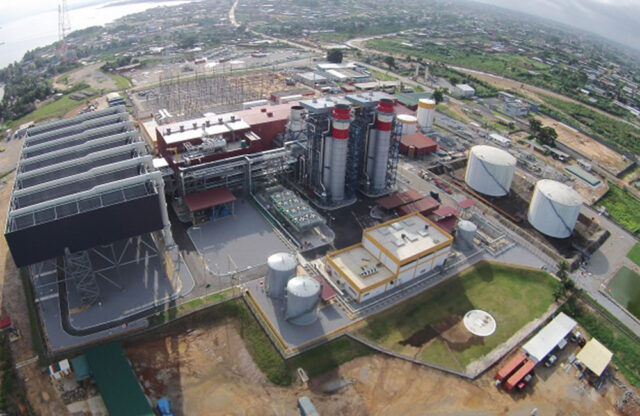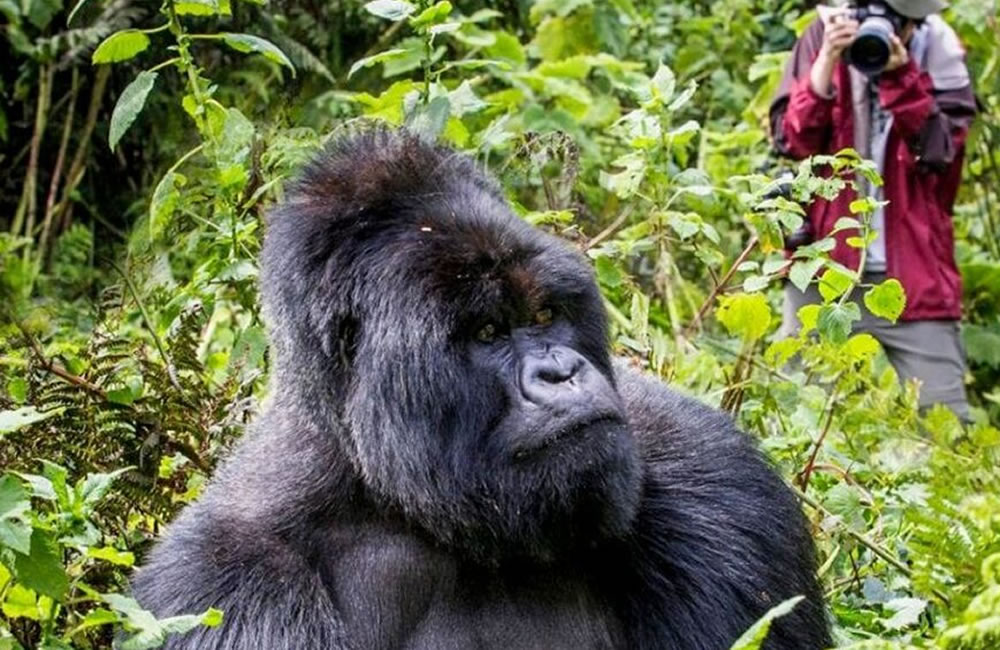Tight Window of Opportunity for Ethiopian Farmers Could Be Missed Without Funding
Impending occasional rains in hunger-stricken northern Ethiopia provide a slim chance for farmer to get a yield in the ground and restart local food production, yet without funding this tight window of opportunity could be missed.
Following a visit to Ethiopia to assess the situation, FAO Director of Emergencies and Resilience, Rein Paulsen said: “Many farmers have been stripped of productive assets like seeds, animals, or tools due to looting, or saw their sources of credit disappear and seed markets disappear. As a result, local food production has been brought to a virtual standstill,” he said.
“The rural communities who play a critical role in keeping northern Ethiopia fed, urgently need support if they are going to manage to get seeds in the ground ahead of the impending short rains.
Each seed they plant represents a brick in a firewall against famine. But to get them those seeds, we need more financial support and improved access,” Paulsen added.
In addition to lost agricultural assets, the state of core basic services across northern Ethiopia is impeding relief efforts. Electricity and fuel are lacking, cash and credit are not to be found, and there is only one functional road in and out of the region, noted Paulsen.
FAO has urgently appealed for $30 million to reach nearly 1.2 million of the most food insecurity people in northern Ethiopia. To date, just $6.2 million have been pledged.
On top of cereal seeds, the Organization also aims to distribute fast-growing vegetable seeds and poultry starter kits so that families have a low cost and easy to maintain source of backyard produce and meat and eggs.
Alarming trends in food insecurity driving up needs
The conflict commenced at the peak of what would have been the main Maher season harvest, before many households had the opportunity to harvest their crops. An estimated 90 percent of the harvest was lost, while 15 percent of the region’s 17 million life-sustaining livestock were reported looted or slaughtered.
The most recent Integrated Food Security Phase Classification (IPC) analysis, determined that at least 353 000 people in the region were already experiencing famine-like (Catastrophe) levels of acute food insecurity in Tigray state alone. The IPC is a global, multipartner initiative, comprised of 15 UN agencies, regional organizations, and international non-governmental organizations, that facilitates improved decision-making through the provision of consensus-based food insecurity and malnutrition analysis. (Learn more about IPC indicators for acute food insecurity.)
All told, over 60 percent of the population in Tigray and the neighbouring zones of Amhara and Afar, more than 5.5 million people, are now coping with Crisis, Emergency, or Catastrophe levels of hunger (IPC 3, 4 and 5) and are at high risk of quickly sliding into starvation without support.
Agriculture reboot critical, but underfunded
Although the majority (80 percent) of people in northern Ethiopia depend on subsistence agriculture, so far very little financial support has been allocated to agricultural interventions that can help at-risk families resume productive activity and produce food for themselves and their communities.
The crises in Ethiopia is part of a disturbing wave of surging acute food insecurity around the globe, driven by a toxic mix of pre-existing threats like conflict, climate shocks, and economic disruptions compounded by the COVID-19 pandemic.
In addition to northern Ethiopia, some communities in southern Madagascar, South Sudan, and Yemen are in likelihood enduring famine-like or “famine-likely conditions.” Around 41 million people globally are now in emergency levels of food insecurity and at high risk of plummeting into famine if hit with another external shock.











